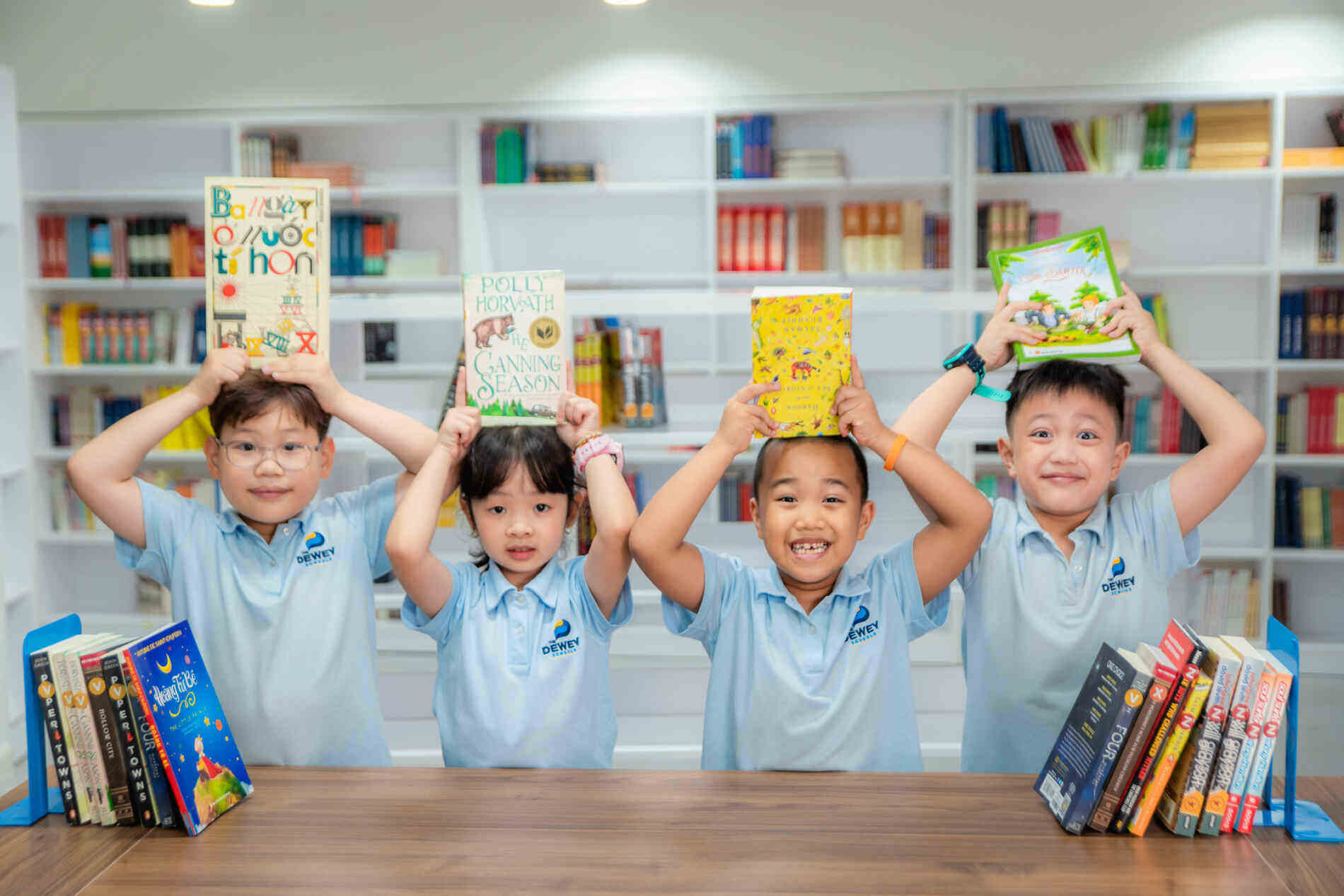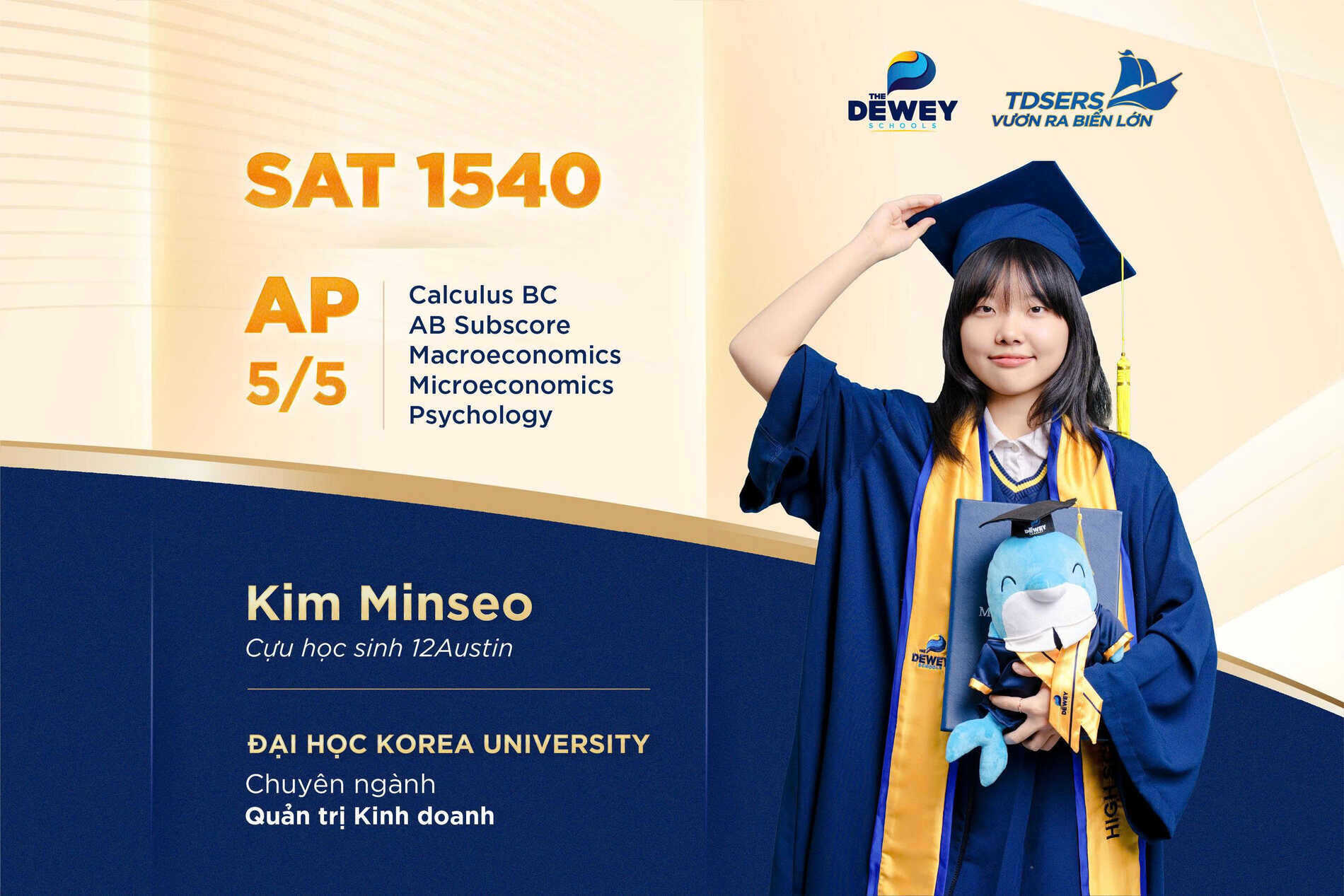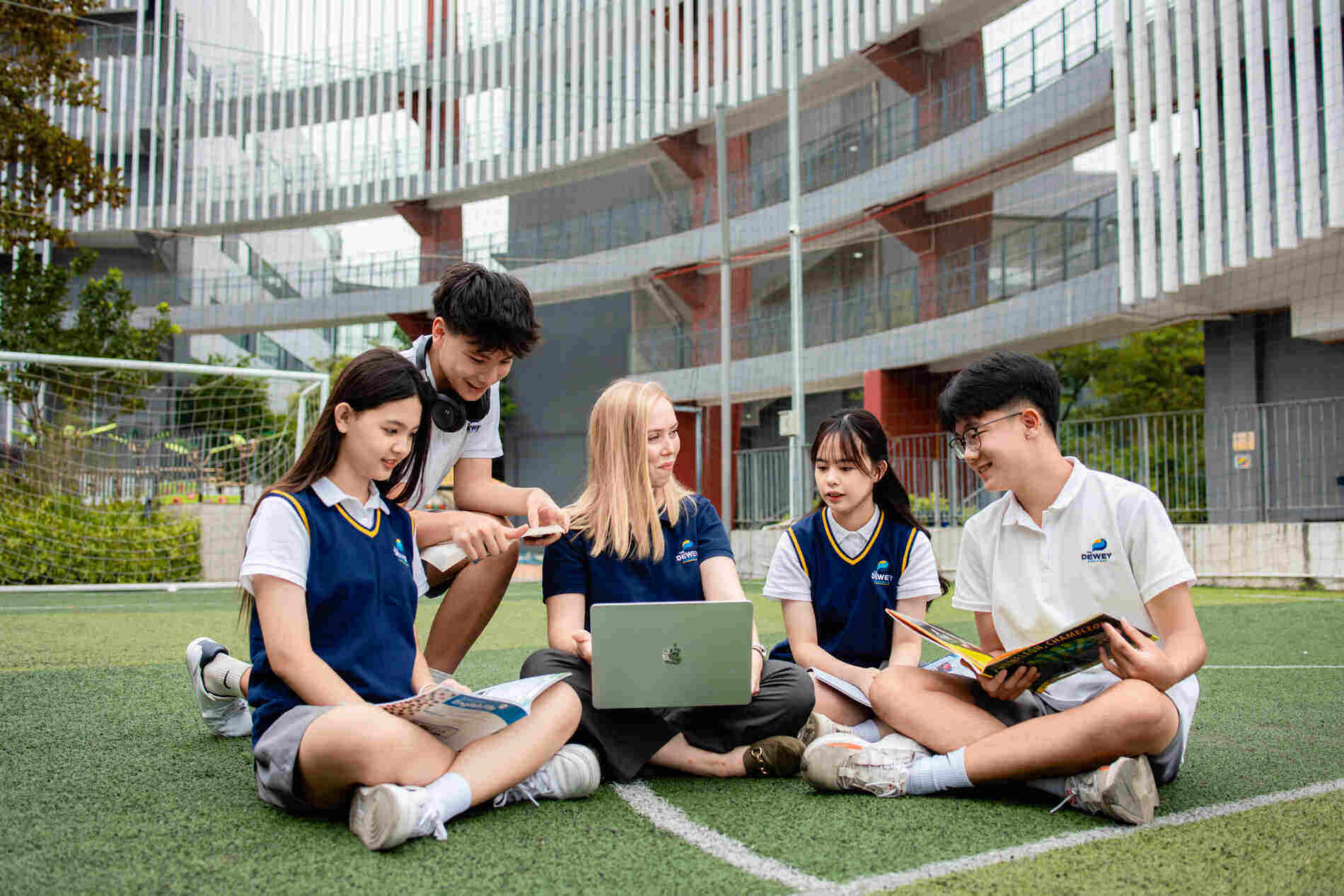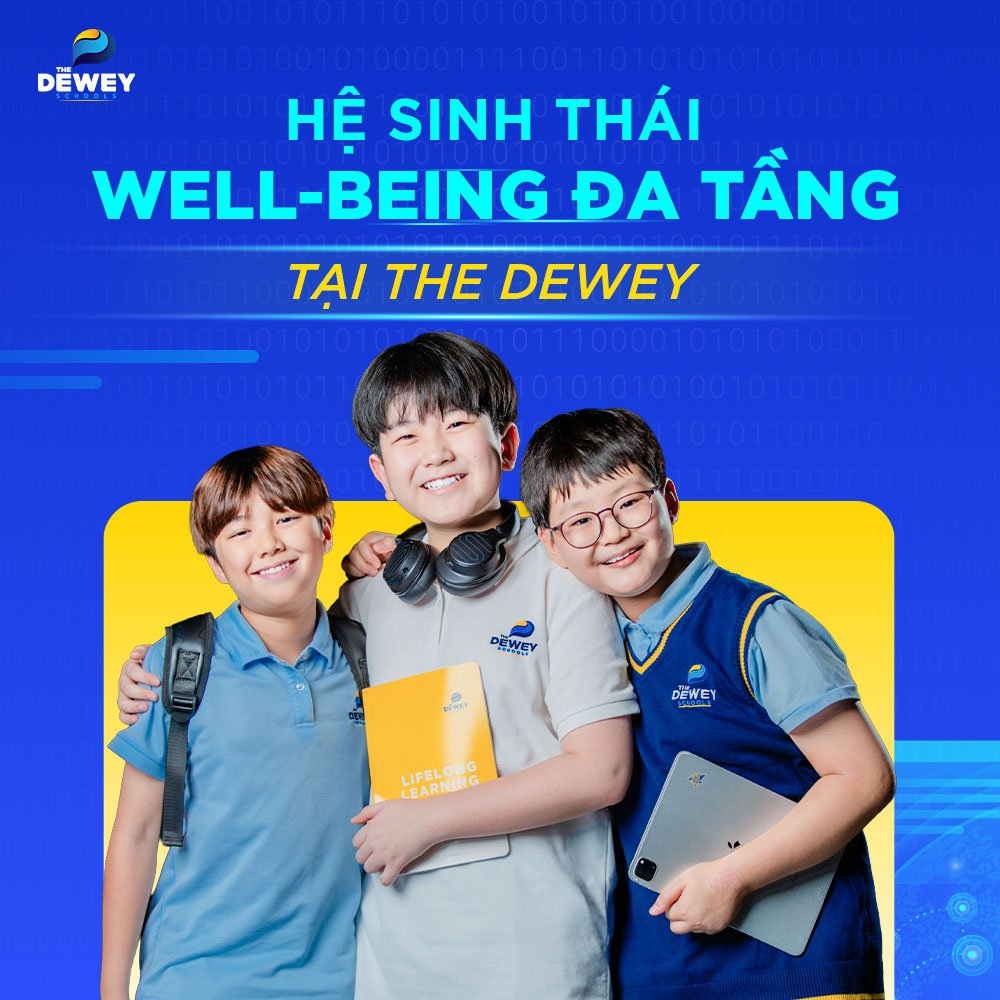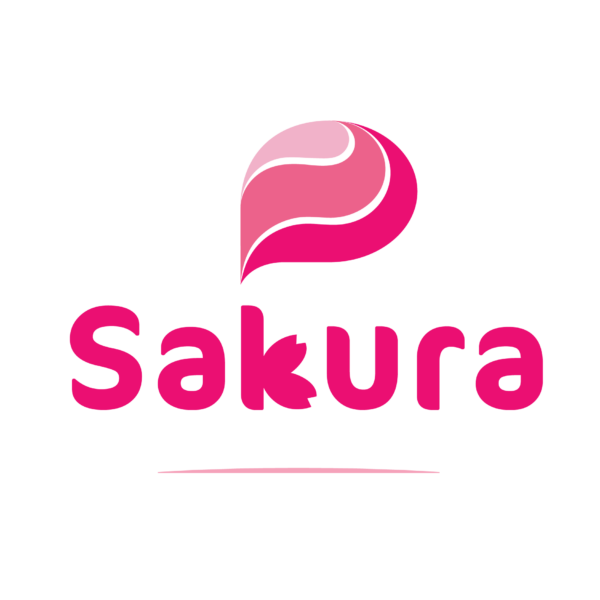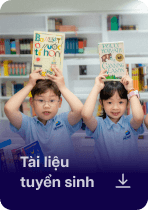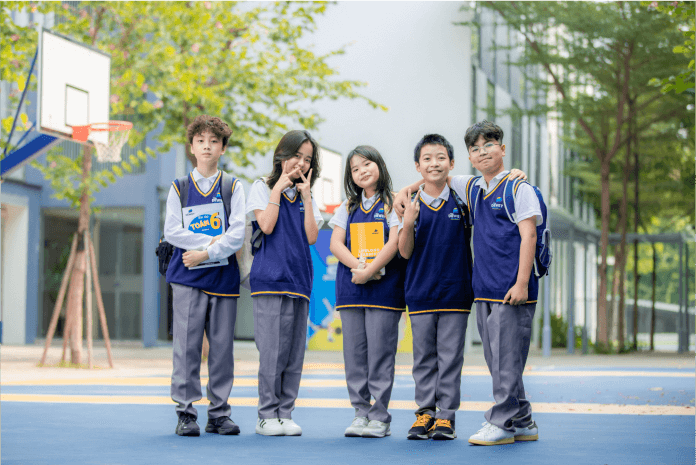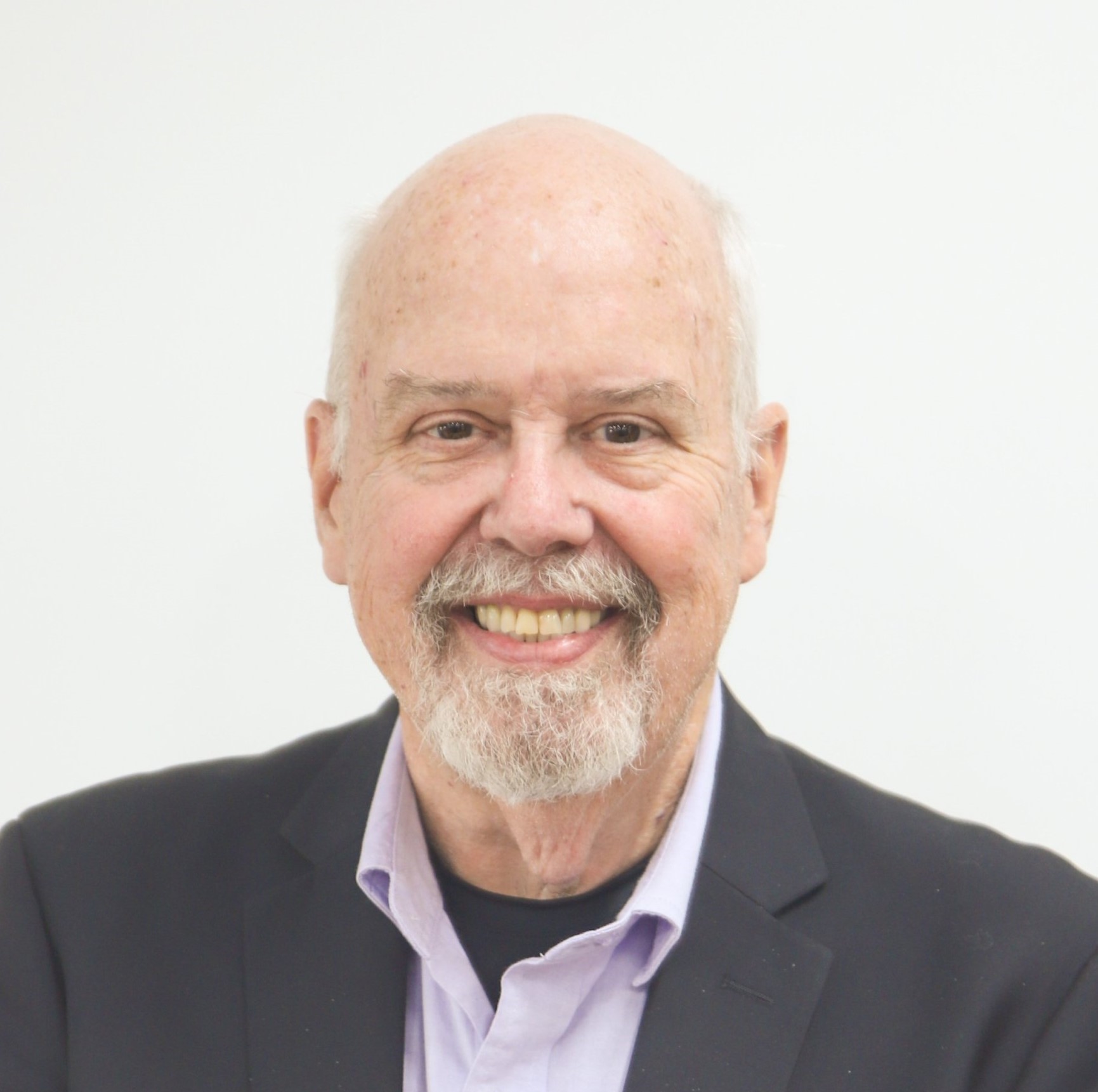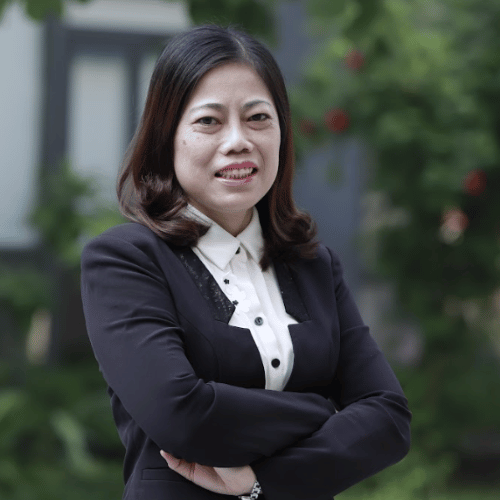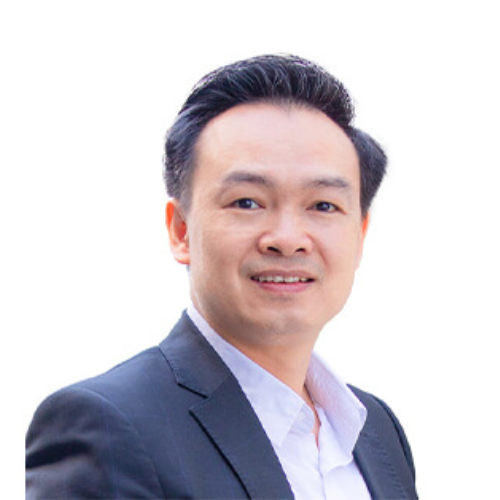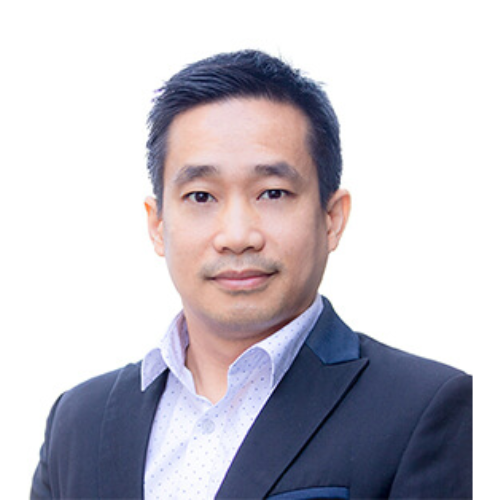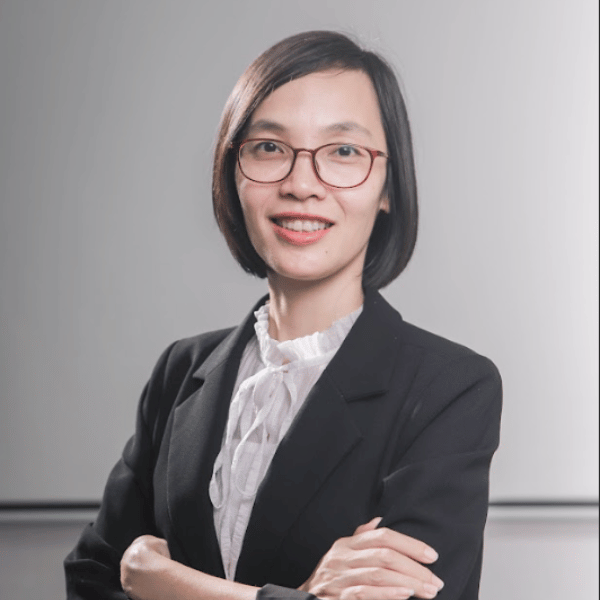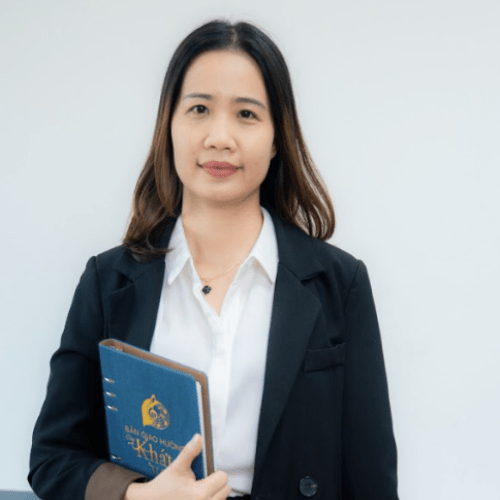Following the 2025 National High School Graduation Exam, the Literature exam quickly became a focal point of discussion within the education community. Departing from the traditional use of textbook materials, this year’s exam featured a literary text outside the official curriculum, assessing students’ capacity for literary appreciation and social reasoning. Many viewed this as a bold move aligned with the 2018 General Education Program’s spirit—discouraging rote learning and cramming in favor of independent thinking and real-life application. At The Dewey Schools, this very spirit underpins the entire Literature–Vietnamese curriculum: students learn to understand, to feel, and ultimately, to find and express their own voices.

Independent Thinking—A Prerequisite for Literary Appreciation
Ms. Nguyễn Vân Anh, an expert from the Social Sciences & Humanities Department at Dewey, remarked, “This year’s exam featured a high degree of differentiation, particularly in the social commentary section. The open-ended prompt, ‘The sky above every homeland is still the sky of our nation,’ required more than just writing skills—it demanded critical thinking, personal perspectives, and a solid foundation of social understanding from students.”
At Dewey, the literature curriculum adheres to the official timeframe and content prescribed by the Ministry of Education. Students are prepared to tackle the new exam format and develop test-taking skills accordingly. Beyond that, they also engage with a distinctive Dewey-designed program—Cánh Buồm for primary and lower secondary levels and the Social Sciences & Humanities Program at the high school level. These frameworks foster literary appreciation, social awareness, and deeper literary exploration. “Appreciating literature can’t be achieved through shortcuts or last-minute cramming,” Ms. Vân Anh emphasized. “It is the result of a process involving reading comprehension, contemplation, reflection, and meaningful interaction with the world.”
A Dynamic Space for Reading, Understanding, and Connection
At Dewey, teachers go beyond textbook instruction, expanding the learning space with carefully curated supplemental texts tailored to students’ abilities and relevant social themes. Ms. Nguyễn Thị Hiền, a high school literature-Vietnamese teacher, shared: “For themes such as humanity and self-awareness, students are encouraged to read Robinson Crusoe or Fahrenheit 451 and present their own viewpoints. Works by writer Nguyễn Minh Châu—the author featured in this year’s national exam—are also included in our recommended reading lists and reference library under the Social Sciences & Humanities program.”
Dewey students regularly transform literary perspectives into creative projects—producing short films, writing essays, or developing models for social enterprises. Literature, in this context, is no longer a passive subject but becomes a powerful medium through which students engage with societal issues and envision the world they want to shape.
The Courage to Think, Speak, and Be Different
What truly sets Dewey’s Literature–Vietnamese program apart is its commitment to creating a safe space for self-expression.
“It’s the sense of security and the courage to speak up that Dewey cultivates from the primary years onward—encouraging students to articulate their literary reflections and voice their opinions on social issues through their own youthful lens,” Ms. Vân Anh noted.
Literature—A Journey Beyond the Pages
At Dewey, studying literature is not limited to memorizing authors and works. It is a journey where students develop language, critical thinking, and emotional intelligence—not just to appreciate the beauty of words but to use language as a tool for bringing beauty into everyday life. And that journey can never be confined to the pages of a textbook.
